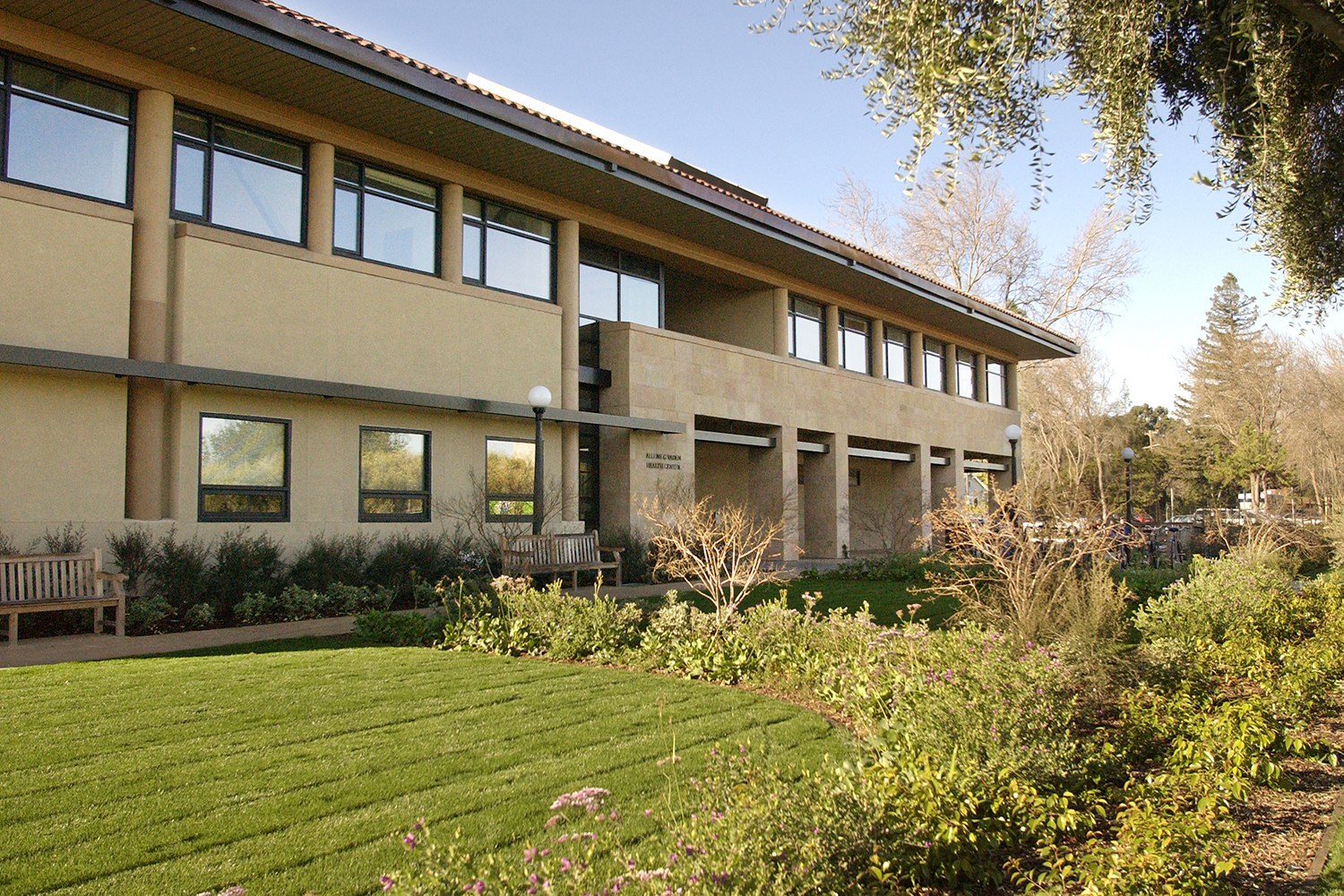Content warning: this article contains references to self-harm and suicide. If you or someone you know is in need of immediate support, you can text the 24/7 Crisis Text Line at 741741. You can also call the National Suicide Prevention Lifeline at 1-800-273-8255 or the National Hopeline Network at 1-800-784-2433.
Members of the Stanford community are navigating a range of challenges in the wake of the recent losses of community members and the outbreak of war in Ukraine. Vice Provost for Student Affairs Susie Brubaker-Cole and Director of Athletics Bernard Muir highlighted the support resources that are available to students in a Friday message to the community.
Here is an overview of the resources that you can access now:
Counseling and Psychological Services (CAPS) is located at the Vaden Health Center and provides immediate support to students in need. Students can call CAPS at 650-723-3785 any time — including evenings and weekends — to speak to a clinician. Students can also walk in to CAPS during regular business hours (Monday-Friday, 9 a.m.-5 p.m.). Those who do not need immediate support can schedule an initial appointment by calling CAPS at the same number on weekdays between 9 a.m. and 4 p.m.
CAPS is also offering a new therapy option via WPO, a one-year pilot program. The program grants students up to five free virtual therapy sessions that are paid for by CAPS. The sessions may also be in person, if desired and available. When students call WPO, a clinician will assess their needs and match them with a confidential, private therapist. Students can also receive a same-day therapy session upon calling. Students can reach WPO at 1-866-212-6113 (for enrolled students currently in the U.S.) or +1-984-239-2309 (for enrolled students currently outside of the U.S.). WPO is the best option for those “seeking brief support for a specific issue,” according to the WPO webpage.
allcove Palo Alto is an off-campus clinic located on Middlefield Road in midtown Palo Alto that provides free or low-cost counseling to young people ages 12 to 25. Visitors can go to allcove for drop-in services or schedule an appointment by calling 650-798-6330.
Student groups and communities who are hoping to gather as a group can request a facilitated grief processing group here. The University is currently working to expand its capacity for these groups, according to the message.
Students can also contact the Office for Religious and Spiritual Life (ORSL) to receive pastoral care and spiritual guidance as they navigate mental health challenges. You can call ORSL at 650-723-1762. Students can also receive individual coaching and customized consultations, workshops and training through Well-Being at Stanford, which also offers academic courses.
Brubaker-Cole and Muir emphasized that students seeking academic support should reach out to their professors and academic advisors. “Faculty members are aware that students are concerned about meeting deadlines, taking final exams, or being able to attend class,” they wrote. They are encouraging undergraduate students to contact their Undergraduate Advising Directors and graduate and professional school students to contact the Graduate Life Office.
The message also highlighted grief support for those coping with losing someone to suicide, including the following resource from The JED Foundation.
The University is additionally working to increase long-term support, according to Brubaker-Cole and Muir. Stanford is utilizing additional funding from the Provost’s Office to add permanent clinical counseling and therapy positions to CAPS and the Department of Athletics, Physical Education and Recreation. “We will begin the recruitment process immediately,” Brubaker-Cole and Muir wrote, adding that “Student Affairs will be convening experts to consider what measures would be helpful beyond clinical support.”
Brubaker-Cole and Muir also directed community members to the following webpage, which summarizes all available resources.
“While we are doing all we can to reach out to everyone who needs a hand, we with all of our hearts urge anyone we have not reached to please ask for help now or at any point in the future,” Brubaker-Cole and Muir wrote. “Many people who love and cherish you are here and ready to help.”
They encouraged students to lean on their loved ones and support one another, whether by sharing a meal, taking a walk or joining to celebrate small joys.
“All of us are feeling a deep and profound sense of loss,” they wrote. “Please know that you are not alone, and that there is courage and strength in asking for or offering help with open arms and hearts.”
